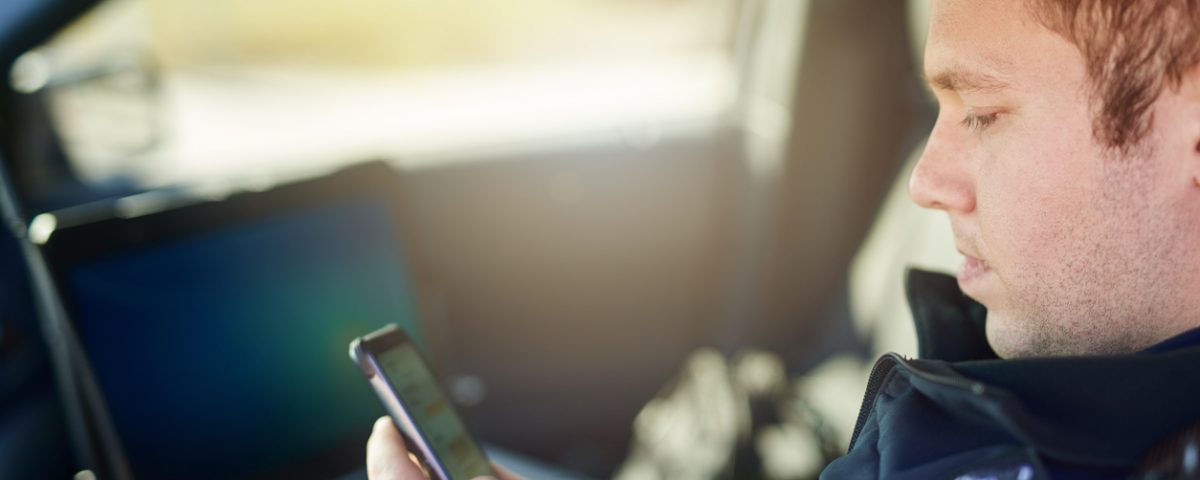Mobile Technology & Police Efficiency

How Can Virtual Reality Improve Police Operations?
January 11, 2021
7 Steps of the IEP for Special Education Teachers
January 25, 2021Mobile Technology & Police Efficiency
Innovations in mobile technology have benefited many industries, including police and other first responders. With instant access to critical information, maps, dispatchers, and records, today’s police officers are equipped to manage incidents better and quickly respond to changing scenarios. Field mobility can improve officer safety and health, productivity, agency workflows, and situational awareness.
Many police agencies are experiencing smaller budgets during historic levels of urbanization and higher demands for service. Simultaneously, the public expects more transparency from agencies, especially following last summer’s social and civil unrest in response to multiple unarmed African-Americans’ police shootings. By understanding and using technology from mobile apps, agency leaders can better allocate resources, improve operational efficiencies, and reduce time spent on administrative tasks.
Here are the ways in which mobile technology is helping to improve police efficiency in the field.
Reducing Errors in the Field
Issuing traffic tickets, taking witness accounts, supplying better evidence, and information capture are all the result of flawless data input. However, the reality is officers in the recent past were required to spend a significant amount of time combing through handwritten information, typing up field reports, and looking through hand-drawn diagrams. Not only did this eat up a lot of time, but it also presented a higher potential for errors.
Data collected using mobile technology results in better quality information than handwritten tickets or reports, which helps to streamline the process of incident resolution. It also makes it easier for agencies to use in business intelligence and decision-making.
Multiplying Force
Mobile technology and applications can free officers from the limits of a precinct, giving them more time and visibility in the field to help solve crimes and prevent further crimes. This also helps engage with the community. Police agencies that bring on mobile technology can dramatically mitigate time-consuming manual administrative processes, reduce redundancies, improve officers’ use, and streamline overall productivity.
Not only can mobile technology help capture police data, but it also delivers data to those in the field when they need it the most. In-vehicle field applications enable units to receive and acknowledge messages, gain context about events, and view incident details and maps.
Clearing the Air
The demand for information across the police radio usually exceeds the capacity of dispatchers and the network. This means constant radio traffic for standard processes and tasks like person and vehicle lookups. Police departments can move these requests from the radio to more user-friendly self-service using mobile apps and technology, freeing up radio channels and dispatchers for more complex tasks.
About PGUI
Professional Governmental Underwriters, Inc., is a full-service risk management company dedicated to assisting public, educational and non-profit entities in the management of their professional liability exposures including educators liability insurance. We are dedicated to providing state-of-the-art professional underwriting management and loss control advisory services on behalf of our designated carriers. For more information, call us toll-free at (800) 586-6502.


